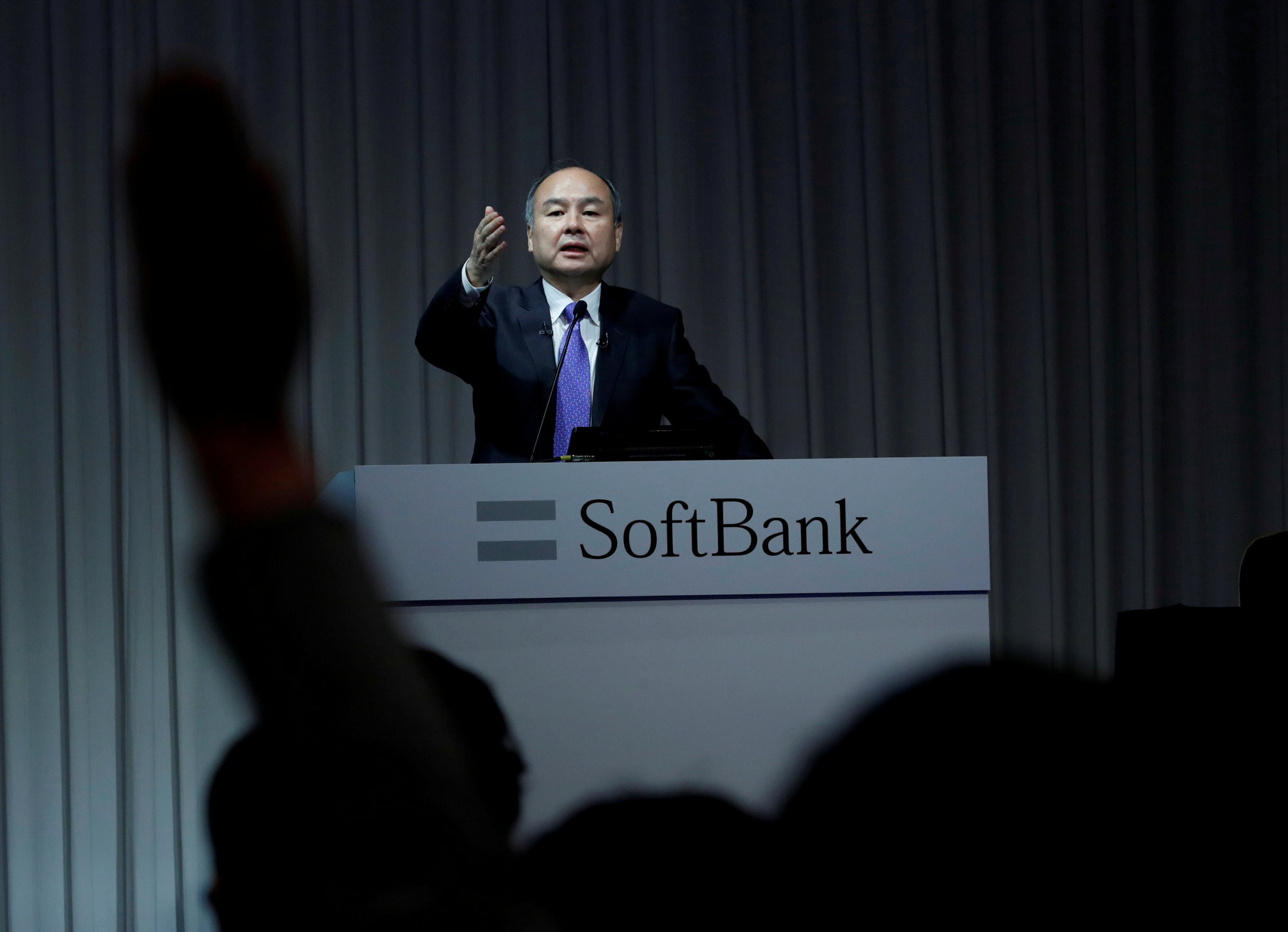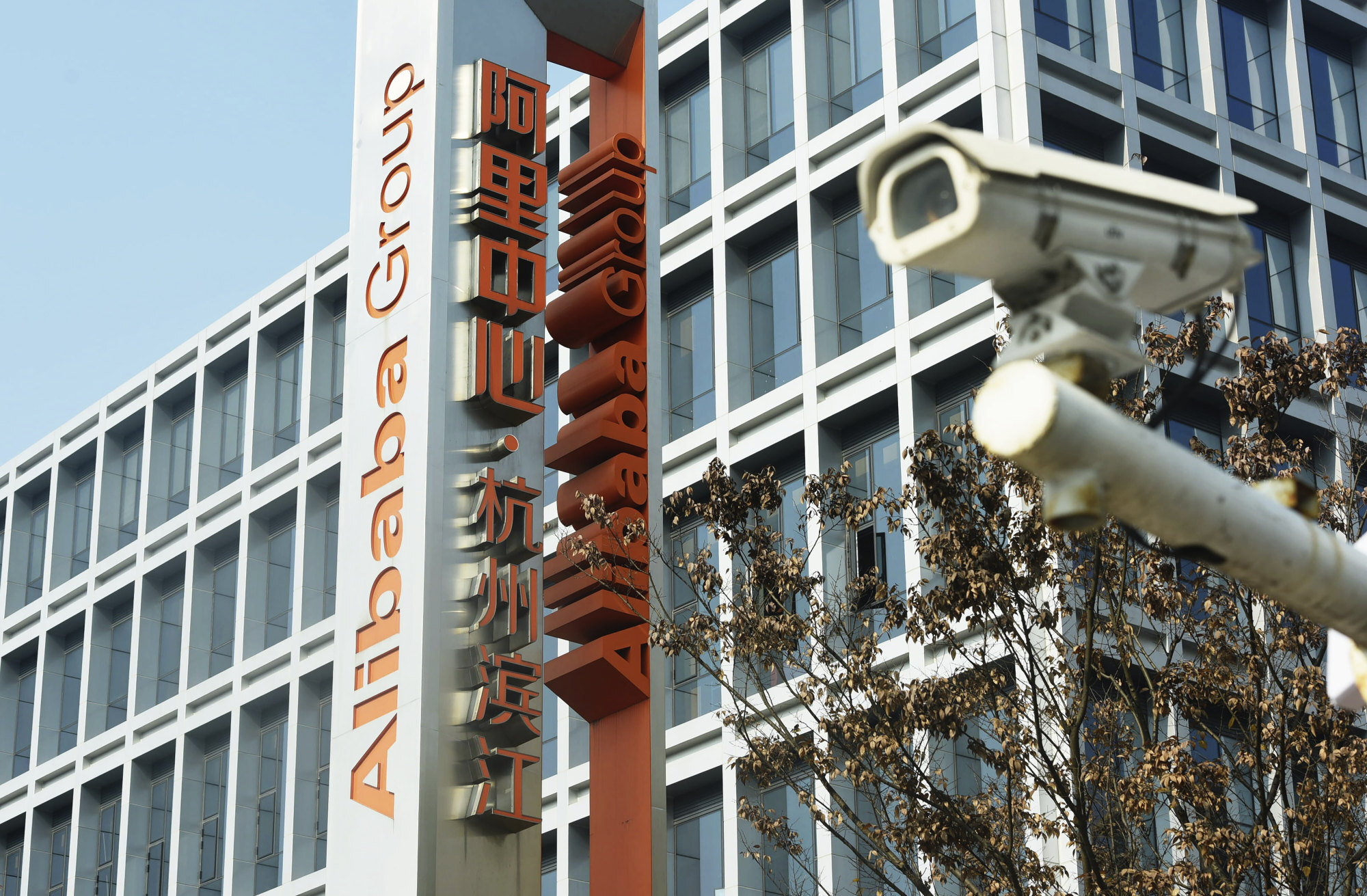
Will China learn its US$1 trillion lesson from the stock rout and be more transparent? The signs are still unclear
- A spate of unexplained regulatory moves against tech and education firms has not only put off top global investors like SoftBank, it has even led to speculation that China has had a change of heart on opening up and resisting decoupling with the US
- It appears these were unintended consequences. If so, officials should reflect on how they can avoid a repeat of this mess. Holding public hearings on policies of major domestic or international impact would be a good first step
“What’s going on?” That is one of the most frequently asked questions from rattled international investors trying to make sense of China’s recent spate of regulatory moves that have triggered a brutal sell-off in Chinese company stocks over the past few weeks.
The answer to this seemingly easy question is anything but because of China’s obsession with secretive politics and failure to communicate the rationale of its policies of global impact.
“Until the situation is clearer, we want to wait and see,” Reuters quoted its chief executive Masayoshi Son as saying. “In a year or two I believe new rules will create a new situation.”
Son is not alone. Many other international investors have adopted a similar cautious approach to investments in China.

Behind closed doors, Chinese regulators appear to have been shocked by the scale and extent of the market reactions, which saw China’s best tech stocks lose about US$1 trillion in market value by some estimates.
Publicly, they have kept mum and given little indication that they will learn from the costly lessons and be willing to mend their ways and become more transparent with future policies.
It is true that a few days after the stock rout began, the China Securities Regulatory Commission hastily arranged a night meeting with international bankers to calm market nerves and said China’s latest crackdown on after-school tutoring companies would not affect other industries. But curiously, the CSRC wanted the meeting to be low key and it was not even reported by official media, giving the impression that regulators were more worried about international reactions than domestic ones.
In fact, domestic grumbling over the way in which the regulators launched a spate of investigations into China’s leading tech companies over data security and competitive practices has been equally strong even though hardly anyone can speak publicly.
Stock rout is a mess of China’s own making
One major complaint is that while there is general consensus that the Chinese government has good reasons to better regulate tech companies for the sake of promoting equality and redistributing wealth, Chinese officials appeared to have given scant regard to how the policy changes would go down with investors and their wider political implications before they were announced.

Furthermore, despite the legal uncertainties, the VIE structure has served the interests of Chinese companies and US investors well for more than two decades. The US and Chinese regulators have been cool and relaxed with the arrangement. China’s sudden decision to take a hard look at the structure will inevitably raise valid questions over the country’s pursuit and respect of contract spirit.
Investors may as well kiss the Hang Seng Index goodbye
That may not be the intention of the regulators but the consequences require a great deal of self-reflection on the part of the officials.
The regulators appear to have taken steps to dispel suspicions that China has had a possible change of heart over its policies of opening up and resistance to decoupling.
Just days after the Chinese company shares were hammered on Wall Street, US investment bank JPMorgan Chase received regulatory approval to set up the first fully owned foreign brokerage in China, billed as a sign that the country was further opening up its capital markets.

Also this month, Fidelity International received the nod to set up a wholly foreign-owned mutual fund company, the second foreign asset manager to receive such an approval after BlackRock secured a licence in June.
But those developments are far from enough. Chinese officials can and must do much more to restore confidence in China’s regulatory regime, as their actions are often seen as arbitrary and sudden.
For instance, they can greatly improve transparency by holding public hearings on policies of major domestic or international impact. China’s crackdown on private education companies should have been a perfect example. There are legitimate reasons for China to rein in the growth of those companies as the government aims to reduce the workload for students and financial burdens for their parents across the country. But there is genuine demand for after-school tutoring because of China’s test-driven education system and the scarcity of high-quality resources – issues for which there are no short-term solutions. The policy to drive those companies out of business is overkill, which only serves to make those tutoring lessons even more expensive as the tutors are most likely to now go under the radar by offering one-on-one classes rather than group sessions, which are less costly.
Holding a public hearing on this issue would not only have made the policy change more attuned to the needs of tens of millions of students and parents but also have given those companies and their investors more time to consider their options.
Wang Xiangwei is a former editor-in-chief of the South China Morning Post. He is now based in Beijing as editorial adviser to the paper

